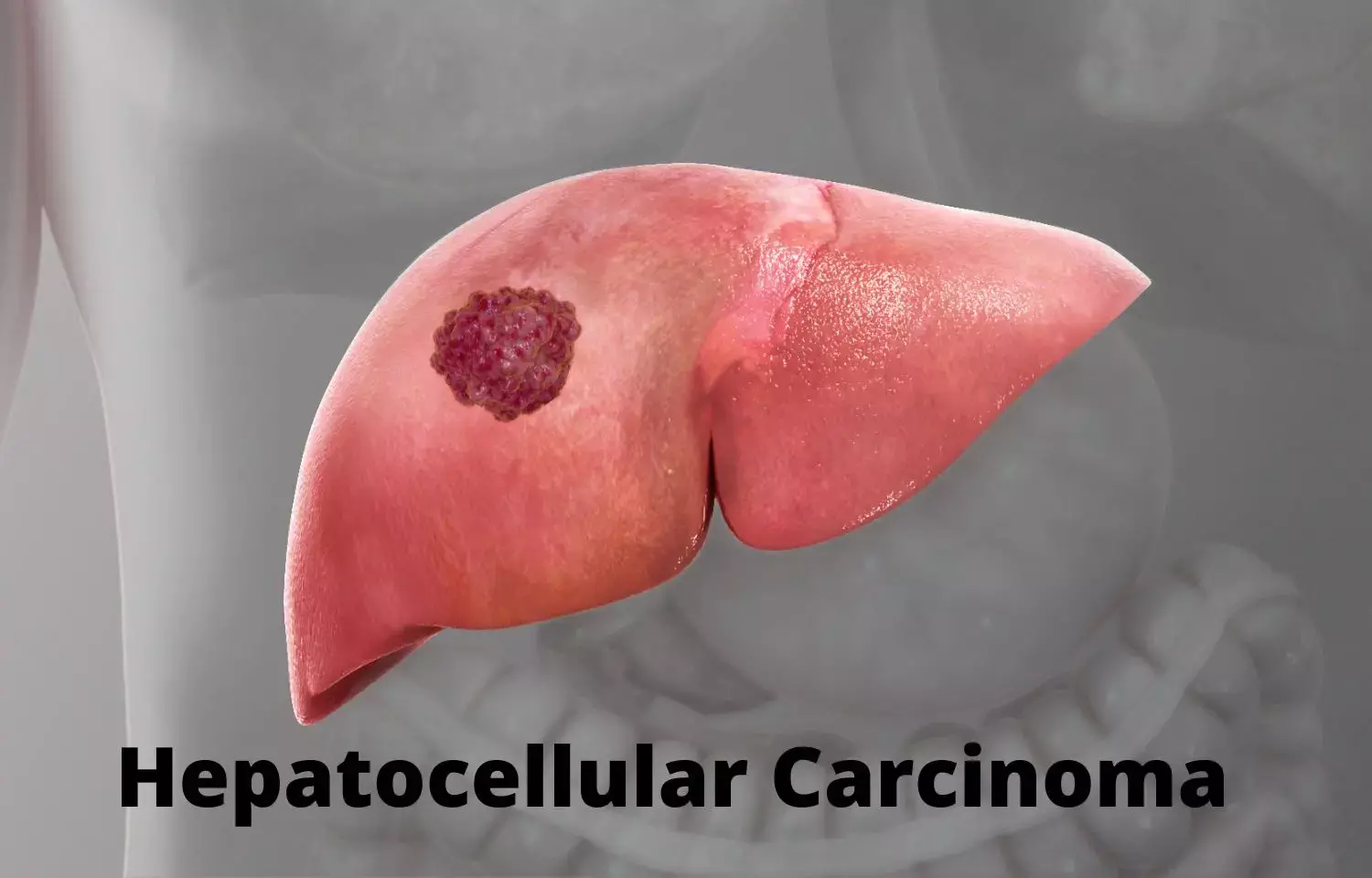- Home
- Medical news & Guidelines
- Anesthesiology
- Cardiology and CTVS
- Critical Care
- Dentistry
- Dermatology
- Diabetes and Endocrinology
- ENT
- Gastroenterology
- Medicine
- Nephrology
- Neurology
- Obstretics-Gynaecology
- Oncology
- Ophthalmology
- Orthopaedics
- Pediatrics-Neonatology
- Psychiatry
- Pulmonology
- Radiology
- Surgery
- Urology
- Laboratory Medicine
- Diet
- Nursing
- Paramedical
- Physiotherapy
- Health news
- Fact Check
- Bone Health Fact Check
- Brain Health Fact Check
- Cancer Related Fact Check
- Child Care Fact Check
- Dental and oral health fact check
- Diabetes and metabolic health fact check
- Diet and Nutrition Fact Check
- Eye and ENT Care Fact Check
- Fitness fact check
- Gut health fact check
- Heart health fact check
- Kidney health fact check
- Medical education fact check
- Men's health fact check
- Respiratory fact check
- Skin and hair care fact check
- Vaccine and Immunization fact check
- Women's health fact check
- AYUSH
- State News
- Andaman and Nicobar Islands
- Andhra Pradesh
- Arunachal Pradesh
- Assam
- Bihar
- Chandigarh
- Chattisgarh
- Dadra and Nagar Haveli
- Daman and Diu
- Delhi
- Goa
- Gujarat
- Haryana
- Himachal Pradesh
- Jammu & Kashmir
- Jharkhand
- Karnataka
- Kerala
- Ladakh
- Lakshadweep
- Madhya Pradesh
- Maharashtra
- Manipur
- Meghalaya
- Mizoram
- Nagaland
- Odisha
- Puducherry
- Punjab
- Rajasthan
- Sikkim
- Tamil Nadu
- Telangana
- Tripura
- Uttar Pradesh
- Uttrakhand
- West Bengal
- Medical Education
- Industry
Repeat hepatic resection and ablation tied to similar overall survival in recurrent hepatocellular carcinoma: Study

China: A new study comparing repeat hepatic resection (rHR) and ablation based on the radio- or microwaves found that both the procedures resulted in similar overall survival in patients with recurrent hepatocellular carcinoma after resection of the primary tumor. The article was published in the BJS Open.
Hepatocellular carcinoma (HCC), or liver cancer, remains a global health challenge as it is one of the most serious cancers in adults. It occurs often in people with chronic liver diseases, such as cirrhosis caused by hepatitis B or hepatitis C infection. It is observed that HCC incidence and mortality rates have been increasing for decades. Though it is a life-threatening illness, if diagnosed early it can be successfully treated with surgery or a liver transplant.
Hepatic resection and radiofrequency or microwave ablation are commonly used to treat patients with hepatocellular carcinoma (HCC) satisfying the Milan criteria (single nodule 5 cm or less, or up to three nodules less than 3 cm each, and no macrovascular invasion or distant metastasis). The 5-year recurrence rate is as high as 49–60 percent among patients with early-stage HCC. HCC recurrence remains the leading cause of HCC-related deaths, thus more effective treatment strategies are needed for recurrent HCC. Previous studies on the efficacy of repeat hepatic resection (rHR) in treating recurrent hepatocellular carcinoma compared with radiofrequency or microwave ablation after resection of the primary tumor provided controversial conclusions.
Bao-Hong Yuan, Kunming Medical University, China, and his research team performed a systematic review and meta-analysis study to compare the safety and efficacy of repeat hepatic resection (rHR) and radiofrequency or microwave ablation procedures to treat recurrent hepatocellular carcinoma
Researchers systematically searched PubMed, Embase, Scopus, Cochrane Library, and China National Knowledge Infrastructure databases to identify studies comparing repeat hepatic resection (rHR) and radiofrequency or microwave ablation procedures. Researchers compared overall and recurrence-free survival after different treatments, based on pooled hazard ratios with a random-effects model. Two randomized clinical trials and 28 observational studies were included, involving 1961 and 2787 patients who underwent rHR and ablation respectively.
Key points noted during the analysis,
• Median perioperative mortality in both groups was zero. Still, patients in the repeat hepatic resection group had higher median morbidity rates (17.0 percent) than those in the ablation group (3.3 percent).
• Repeat hepatic resection achieved significantly longer recurrence-free survival than ablation (HR- 0.79).
• Both groups had similar overall survival (HR- 0.93).
Researchers conclude that repeat hepatic resection and local ablation are associated with similar overall survival (OS) in patients with recurrent HCC. Repeated hepatic resection is associated with better recurrence-free survival (RFS), whereas local ablation leads to lower perioperative morbidity. The study results highlight the need for individualized, multidisciplinary strategies for treating recurrent hepatocellular carcinoma.
Reference:
Bao-Hong Yuan, Yan-Kun Zhu, Xu-Ming Zou, Hao-Dong Zhou, Ru-Hong Li, Jian-Hong Zhong, Repeat hepatic resection versus percutaneous ablation for the treatment of recurrent hepatocellular carcinoma: meta-analysis, BJS Open, Volume 6, Issue 2, April 2022, zrac036, https://doi.org/10.1093/bjsopen/zrac036
BDS
Dr. Hiral patel (BDS) has completed BDS from Gujarat University, Baroda. She has worked in private dental steup for 8years and is currently a consulting general dentist in mumbai. She has recently completed her advanced PG diploma in clinical research and pharmacovigilance. She is passionate about writing and loves to read, analyses and write informative medical content for readers. She can be contacted at editorial@medicaldialogues.in.
Dr Kamal Kant Kohli-MBBS, DTCD- a chest specialist with more than 30 years of practice and a flair for writing clinical articles, Dr Kamal Kant Kohli joined Medical Dialogues as a Chief Editor of Medical News. Besides writing articles, as an editor, he proofreads and verifies all the medical content published on Medical Dialogues including those coming from journals, studies,medical conferences,guidelines etc. Email: drkohli@medicaldialogues.in. Contact no. 011-43720751


